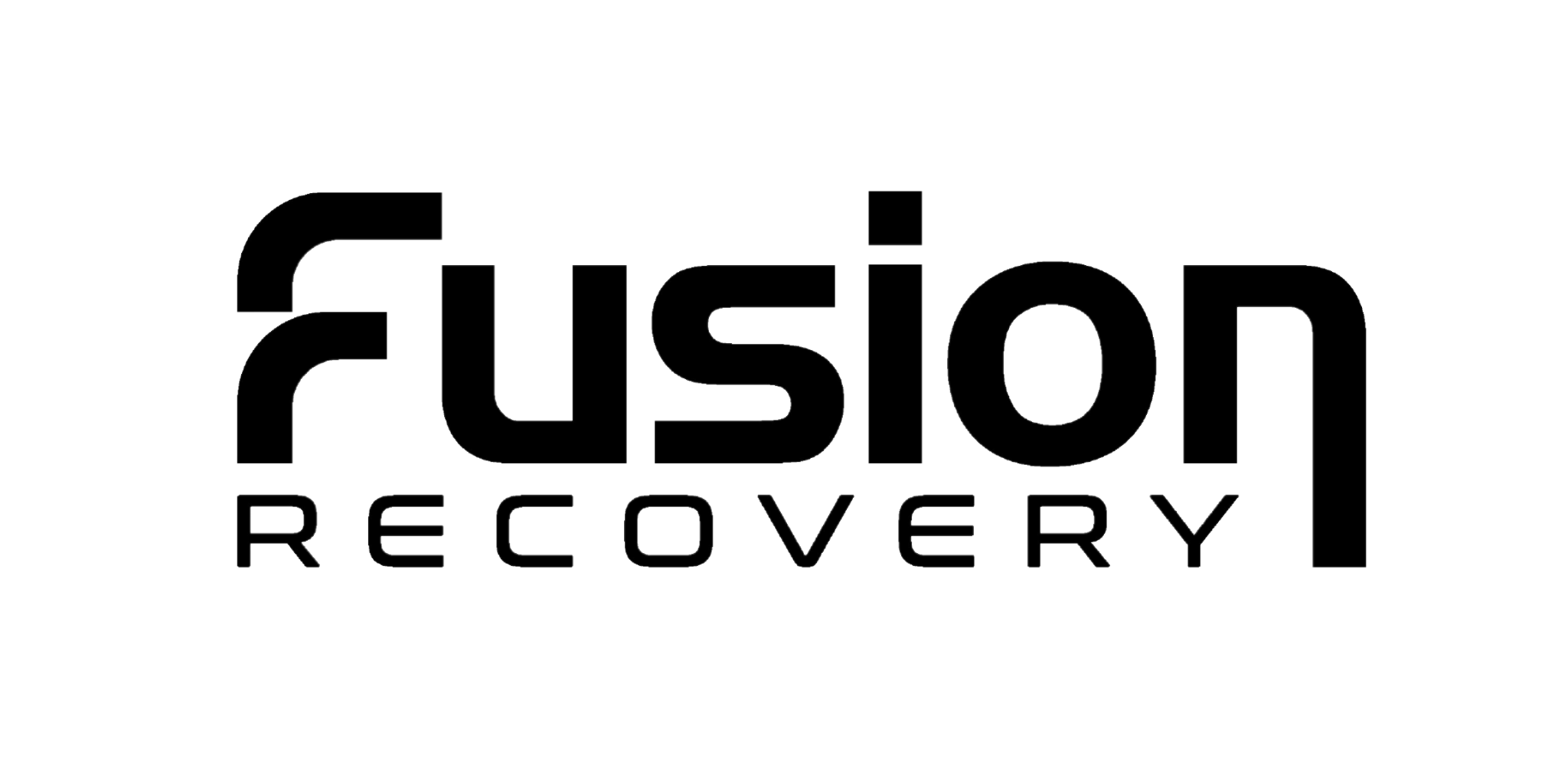Using collagen for muscle recovery is a popular topic among athletes and fitness enthusiasts across the globe.
Collagen is the main component of connective tissues in the body, including cartilage, tendons and ligaments. It's also an essential component of our skin and bones.
While collagen is naturally produced by the body, it has been suggested that natural sources and supplements containing this high-quality protein could help speed up recovery.
But how true is this?
Does supplementing collagen truly help with muscle recovery? And even if it does, is it safe to take?
Well, hold onto your hats because that's what we will explore today. We'll look at the science behind collagen for muscle recovery and discuss whether or not taking supplements is safe and effective.
You'll also discover how to incorporate collagen into your fitness routine and maximize its potential.
So, let's dive right in and get to the good stuff!
Safety and Effectiveness of Taking Collagen for Muscle Recovery
Understanding how collagen helps muscle recovery starts with getting a feel of how it provides a structural framework for many of our body's tissues.
Well, it all starts with how collagen can help to reduce inflammation.
When you engage in physical activity, such as weightlifting or running, your muscles go through a lot of strain and stress, leading to micro-tears. This process also triggers an inflammatory response in the body that, if left unchecked, could result in excessive swelling and pain.
This is where collagen comes into play.
This structural type of protein helps to reduce inflammation by providing the body with high levels of amino acids that help to speed up muscle recovery by aiding in tissue repair.
Amino acids are the building blocks of collagen proteins and are essential for muscle recovery. Collagen is rich in amino acids like glycine, proline and hydroxyproline — all of which are important for tissue healing and repair.
But can collagen intake help with muscle recovery, and is it safe?
Well, the short answer is yes.
Studies have shown that collagen synthesis can help to speed up muscle recovery and reduce inflammation after exercise. It's also been found to be safe in recommended doses — so there's no need to worry about adverse side effects.
If you're looking for an extra boost in muscle recovery, then taking a collagen supplement is worth considering. It's safe, effective, and could help get you back in the gym quicker.
Let's explore some health benefits of collagen intake for muscle recovery.
Health Benefits of Taking Collagen for Muscle Recovery
The health benefits of taking collagen for muscle recovery are numerous. Let's take a look at just some of the ways collagen can help with muscle recovery.
Reduces inflammation
Collagen has been shown to reduce inflammation in the body and speed up muscle recovery.
Studies have demonstrated that collagen supplements can help reduce inflammation in the soft tissues and joints, allowing for faster healing and repair of the muscles.
What's more, it helps supply the body with important amino acids, such as glycine, proline and hydroxyproline necessary for tissue repair. As a result, supplementing with collagen can help to reduce inflammation and speed up recovery time after exercise.
Speeds up recovery time
Collagen can also help to speed up recovery time after exercise.
Studies have found that taking collagen supplements can help to reduce muscle soreness and stiffness, allowing you to feel less fatigued and recover faster. This is because collagen helps to restore the muscle tissues that are damaged during intense exercise — making them stronger and more resilient.
As a result, supplementing with collagen can lead to quicker recovery times and improved performance.
Increase muscle mass
Taking collagen can also help to increase muscle mass.
Collagen helps to provide the body with essential amino acids, such as glycine, proline and hydroxyproline that are necessary for muscle growth and repair. By supplying the body with these vital building blocks, collagen can help to promote muscle growth and development when combined with regular exercise.
In addition, studies have shown that supplementing with collagen can help to increase muscle strength and power, allowing you to lift heavier weights and achieve greater results.
Now that you know more about the health benefits of taking collagen for muscle recovery, it's time to consider adding it to your fitness routine.
With its ability to reduce muscle inflammation and speed up recovery time, collagen is an effective protein that can help you get back in the gym quicker and achieve better results.
Let's take a look at some ways to incorporate collagen into your fitness routine for muscle recovery.
Ways to Incorporate Collagen for Muscle Recovery

Supplementing collagen is a great way to help speed up muscle recovery and reduce inflammation. But just how do you go about it?
Let's take a look at some of the best ways to supplement collagen for muscle recovery.
Eat foods with high collagen levels
One of the best ways to ensure that your muscles get the essential collagen they need for recovery is by absorbing collagen from foods.
Foods such as eggs, fish, and poultry are all excellent sources of dietary collagen. You can also get a good dose of it from bone broth, which provides the body with amino acids that help to speed up muscle recovery.
Eating collagen-rich foods can help to keep your body supplied with the building blocks it needs for tissue repair.
Take a collagen supplement
Another great way to supplement collagen for muscle recovery is through a supplement.
Taking a collagen supplement is an easy and convenient way to get the amino acids you need for tissue repair. Actual collagen supplements typically come in powder or capsule form, making them easy to incorporate into your diet.
Dietary supplements are also a great way to get a concentrated dose of collagen in one serving, allowing you to reap the benefits without eating large amounts of foods rich in collagen. Collagen supplements are also available in various flavors, so you can find one that suits your taste buds.
Just be sure to choose a reputable brand free from artificial ingredients and additives.
Use collagen peptides powder
Collagen peptides powder is a great way to supplement collagen for muscle recovery.
They comprise small peptide molecules easily absorbed by the body, providing it with essential amino acids needed for tissue repair and muscle growth. These amino acids help to reduce inflammation, speed up recovery time, and increase muscle fibers.
Collagen powder is easy to add to smoothies, complete protein shakes, and even oatmeal. You can also mix it into recipes such as muffins or pancakes for a healthy post-workout snack.
Collagen is an essential nutrient that helps to reduce inflammation and speed up muscle recovery.
Eating foods high in collagen and taking a supplement can help ensure your body has the building blocks it needs for tissue repair.
So, take the time to incorporate collagen-rich foods into your diet or add a collagen supplement to your exercise routine — it could be just what you need to help achieve your fitness goals.
Let's explore how you can maximize your muscle injury recovery with collagen.
Maximizing the Benefits of Collagen Intake for Muscle Recovery
While collagen intake can help speed up muscle recovery, you can also do other things to maximize its benefits.
Here are a few tips to help you get the most out of using collagen for muscle recovery:
Make sure to get abundant protein and other essential nutrients in your diet
Getting abundant protein and other essential nutrients in your diet is crucial when supplementing collagen for recovery from musculoskeletal injuries.
Eating a balanced diet rich in lean proteins, healthy fats, and complex carbohydrates will help ensure that your body has all the building blocks it needs for tissue repair. It's also essential to ensure you're consuming adequate amounts of vitamins and minerals such as zinc, magnesium, iron, and vitamin C.
Get adequate rest and recovery time between workouts
Are you one of those people who like to push themselves in the gym?
Well, while it's great to be motivated, make sure you're giving yourself enough rest and recovery time between workouts.
Not allowing your body enough time to rest can lead to muscle fatigue, slowing down muscle recovery. So, give yourself at least 48 hours of rest after each workout.
This way, your body will have enough time to rest and repair itself from the stress it endured during exercise.
Stretch before and after workouts

Stretching is also important in maximizing the benefits of supplementing collagen for functional recovery.
Stretching before and after workouts can help to increase flexibility, reduce tension and soreness, and promote circulation. Doing a few simple stretches before and after exercise can help your body to recover faster by increasing blood flow to the affected area. Aerobic exercise can also help to increase blood flow and reduce muscle tension.
Be sure to focus on stretching all the major muscle groups. However, don't stretch too hard — you don't want any risk of injury.
Stay hydrated
If you're taking collagen for muscle recovery, stay hydrated.
Dehydration can impair your body's ability to repair itself, so you must ensure you drink enough water throughout the day. Make sure to drink plenty of water throughout the day and during exercise.
You can also drink electrolyte-rich beverages such as coconut water to help replace lost electrolytes.
Avoid smoking
Smoking is a significant risk factor for collagen supplementation for muscle recovery.
Human studies have shown that smoking can impair the body's ability to repair and rebuild muscle tissue. This is because nicotine can restrict blood vessels, reducing the oxygen and nutrients your muscles receive. Smoking also affects collagen production, reducing your body's ability to heal properly.
Don't take much sugar
Do you have a sweet tooth?
Well, if you're supplementing collagen for muscle recovery, make sure to avoid taking in too much sugar.
Studies have shown that consuming too much sugar can impair the body's ability to build and repair muscle tissue. Sugar also causes inflammation, which can slow down the healing process. So, limit your intake of sugary foods and drinks when supplementing collagen for muscle recovery.
Avoid sun exposure
Avoiding sun exposure is another critical factor when supplementing collagen for muscle recovery.
The UV rays from the sun can damage collagen fibers, making them less effective at helping your body repair itself. So, limit your time in the sun, wear protective clothing and sunscreen outdoors, and never rely on tanning beds as a source of sunlight.
Also, avoid harsh detergents, soaps, and medications that can break down collagen fibers.
Frequently Asked Questions
Got more questions about taking collagen for muscle recovery? Here are some answers to the most commonly asked questions we get on this topic.
How much collagen should I take for muscle recovery?
The amount of collagen you should take for muscle recovery will depend on your needs.
'A clinical review suggests that 2.5-15 grams of collagen per day is usually enough to promote muscle recovery. However, the amount of collagen you need will depend on your body type, age, diet and overall health.
When is the best time to take collagen for muscle recovery?
The best time to take collagen for muscle recovery is after a workout.
Collagen helps promote the healing and repair of damaged muscles, so taking it soon after your workout will help maximize its effects.
Additionally, it's essential to ensure you're properly hydrated before and after your workout to ensure your body can absorb ingested collagen and use it.
You can also add collagen to your daily routine during high stress or injury, as it can help your body heal faster.
Are there any side effects of taking collagen for muscle recovery?
While collagen is generally safe, speaking to your healthcare provider before taking any supplements is crucial.
Some people may experience digestive issues like bloating, nausea or feelings of fullness. If you experience these symptoms, you should stop taking collagen and speak to a healthcare provider.
Additionally, people with allergies should be aware that collagen supplements may contain ingredients they are allergic to.
Can I combine eating collagen-rich foods with supplements for recovery?
Yes, you can combine eating collagen-rich foods with supplements for muscle recovery.
Eating foods that contain collagen, like bone broth and certain types of fish, can help your body get the essential building blocks it needs to repair and rebuild muscle tissue. However, taking collagen supplements can maximize the benefits of this process.
Combining collagen-rich foods with supplements ensures your body has all the essential building blocks to speed muscle recovery.
Conclusion
Taking collagen for muscle recovery can be an effective way to help repair and rebuild damaged muscles.
However, there are a few factors to consider when taking collagen for recovery. It's important to limit your intake of sugary foods and drinks, avoid sun exposure, and stay away from harsh detergents and soaps.
Sources of collagen can also be found in food sources such as bone broth, fish, eggs, nuts and seeds. Additionally, eating foods high in Vitamin C can help your body to produce more collagen.
If you decide to take collagen supplements, it's best to consult with a healthcare provider beforehand.
Common peptides are hydrolyzed collagen, glycine, proline and lysine. These peptides are believed to be beneficial in helping muscle recovery and reducing joint pain.
We hope this article has given you a better understanding of the potential benefits of taking collagen and the factors to consider.




